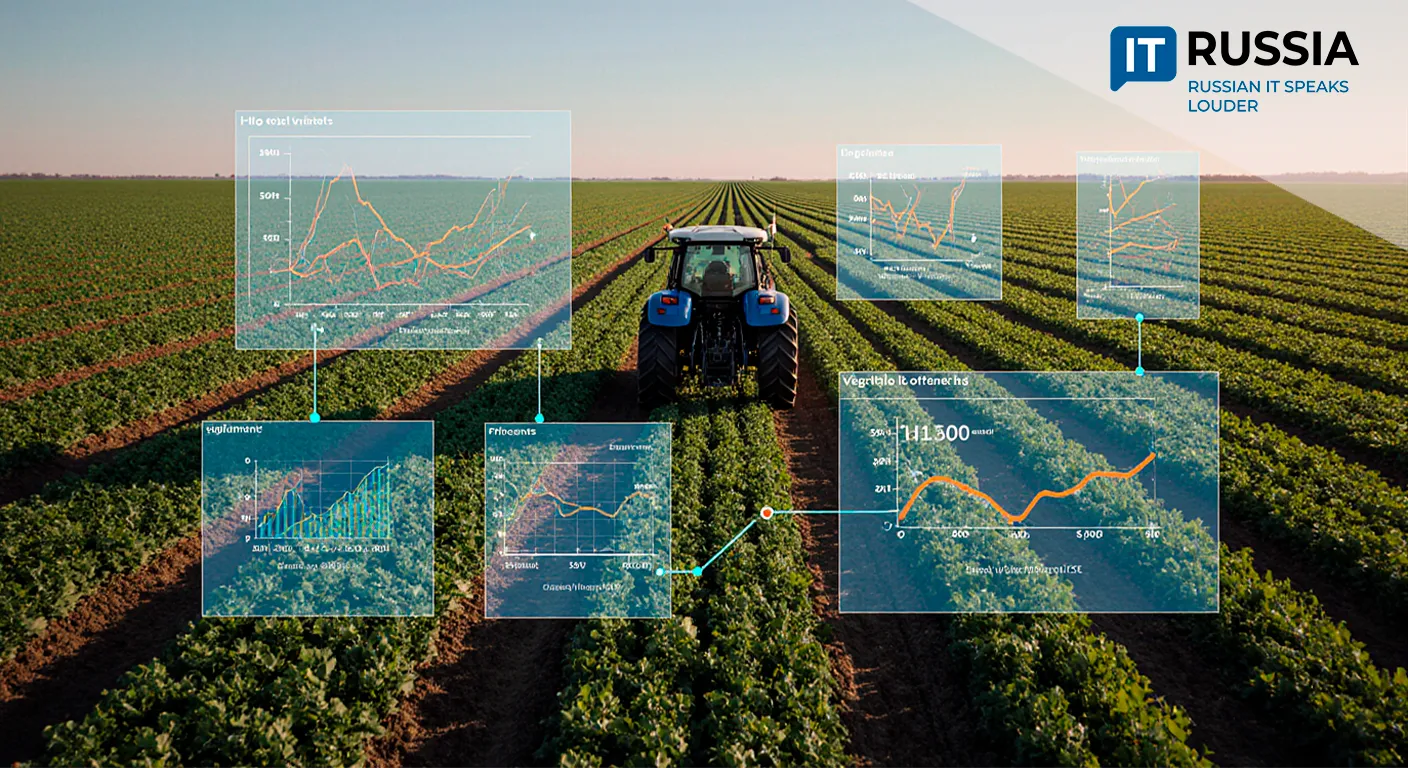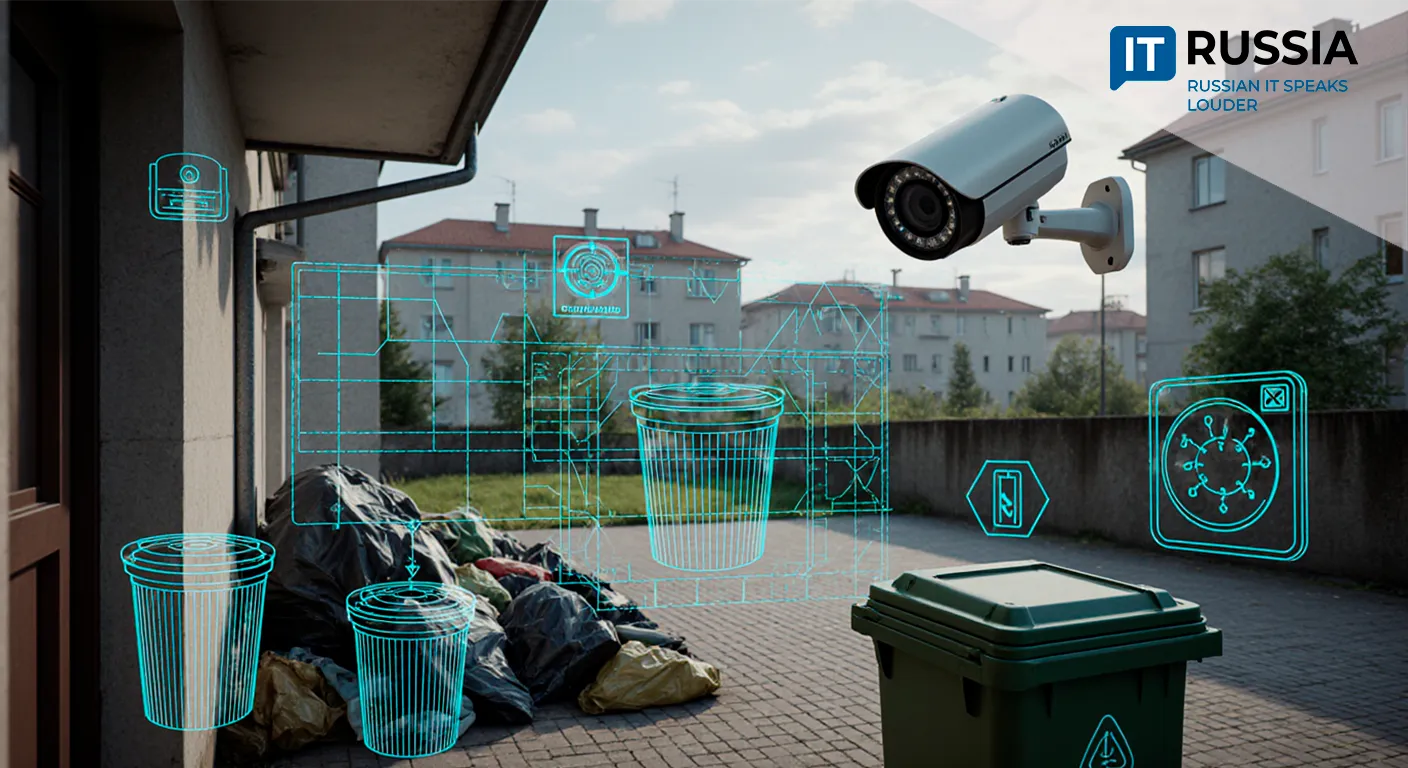Safeguarding the Harvest: Russian Agribusinesses Strengthen Cyber Defense

Russian company AgropromTsifra is offering agricultural enterprises free vulnerability testing of their IT infrastructure, helping protect agribusinesses from the growing wave of cyber threats.
Cyberattacks Targeting Agricultural Success
Russia’s agricultural sector has experienced impressive growth over the past decade, with production rising more than 30% for crops and 25% for food. But this profitability has attracted a new type of pest—cybercriminals. Today’s farmers must not only defend their fields but also their digital infrastructure.
Targeted cyberattacks in Russia have surged from 10% in 2022 to 44% today. The agricultural sector now ranks among the top three most attacked industries, accounting for 9% of all attacks.
In 2024, Russia began seeing a disturbing trend already common in Europe: hackers attempting to breach IT systems at major agricultural holdings. In Europe, attacks on robotic livestock facilities have led to loss of animals when farmers refused to pay ransom. Cybercriminals also lock farmers out of critical operational data. These risks raise serious concerns about the safe use of digital technologies in agriculture.

Comprehensive Testing for Resilience
AgropromTsifra has launched a cybersecurity testing program tailored for agricultural enterprises. This initiative aims to help farms detect and address modern digital threats.
“Failing to maintain digital hygiene can have serious consequences. Attackers can commit financial fraud, steal sensitive data, disrupt production processes, or even destroy infrastructure using ransomware,” said Pyotr Ugryumov, Deputy General Director at AgropromTsifra.
A breach can also corrupt reporting systems, affecting traceability and posing a threat to national food security.
Experts warn that cyberattacks are becoming more sophisticated. Nearly 45% of successful breaches involve social engineering, and AI-driven attack methods are now increasingly common.

Layered Defense Technologies
The free audit includes comprehensive scans of internal and external digital assets, identification of vulnerabilities, and expert recommendations for remediation. A tailored roadmap is then developed to improve each company’s security posture.
For smaller operations, the program offers basic security packages and essential compliance documentation. Larger agribusinesses are eligible for more advanced solutions, including customized cybersecurity architecture based on Zero Trust principles ('never trust, always verify') and upgrades to existing systems using AI-powered cybersecurity tools.
“Roughly 20% of companies conduct regular penetration testing proactively,” noted Ugryumov. “Publicized breaches often act as a trigger, prompting companies to invest in defense systems. Reactive approaches currently outnumber proactive ones by a factor of three.”

Toward Secure, Export-Ready AgTech
Digital technologies are now core to the success of Russia’s agriculture. They help optimize resources, monitor operations, and improve overall management efficiency. As production and exports rise, so does the need for resilient IT infrastructure.
The AgropromTsifra program is an important step toward reinforcing digital protection in agribusiness. Its expansion could also stimulate the development of domestic cybersecurity tools tailored to the agricultural sector.
Eventually, Russian agriholdings may export cybersecurity services to counterparts in Africa, Latin America, and Southeast Asia—regions with high demand for yield improvement, modernization, and risk mitigation in food production.










































